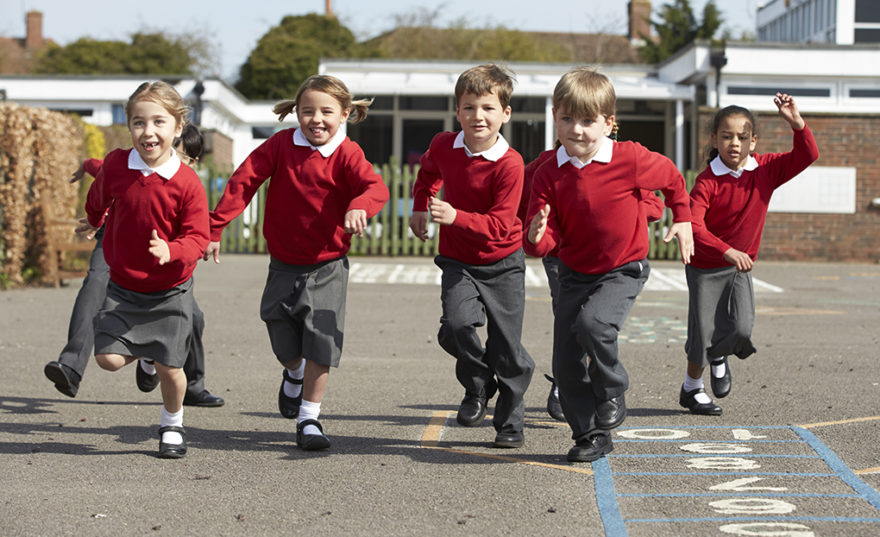Researchers in Norway have assessed whether the FRIENDS programme1 is best used as a prevention measure or as a treatment approach for anxiety in school-aged children. The researchers recruited a targeted prevention sample of 82 children (mean age 11.6 years) who were identified by school nurses and community psychologists. They also recruited a clinical sample of 88 children with a diagnosed anxiety disorder (mean age 11.7 years), from psychiatric outpatient clinics. The baseline self-reports of anxiety symptom levels were similar between the two groups, but were higher for the clinical sample based on parent reports. Anxiety, depression and conduct problems significantly reduced in both samples after the FRIENDS intervention, with medium mean effect sizes across raters (i.e. youths and parents) and time points (post-treatment and 12-months follow-up).
Overall, it seems that the FRIENDS programme can be delivered in schools by less-specialized personnel working in school health services and can elicit similar outcomes compared to delivery in clinics by trained mental health professionals. The researchers propose that school-based targeted anxiety prevention might increase access to evidence-based interventions such as FRIENDS for young people with anxiety problems.
Referring to:
Fjermestad, K.W., Wergeland, G.J., Rogde, A., Bjaastad, J.F., Heiervang, E. & Haugland, B.S.M. (2020), School-based targeted prevention compared to specialist mental health treatment for youth anxiety. Child Adolesc. Ment. Health. doi: 10.111/camh.12366.
References:
1Barrett, P.M. (2004), Friends for life program: Group leader’s manual (4th ed.). Brisbane, Queensland: Australian Academic Press.
Glossary:
FRIENDS: a 10-session cognitive behavioural therapy delivered over a 10-week period to young people aged 7 to 15 years. Structured activities (including role-play, group discussions and homework) are used to help youth to challenge their unhelpful cognitions and to perform exposure exercises.
